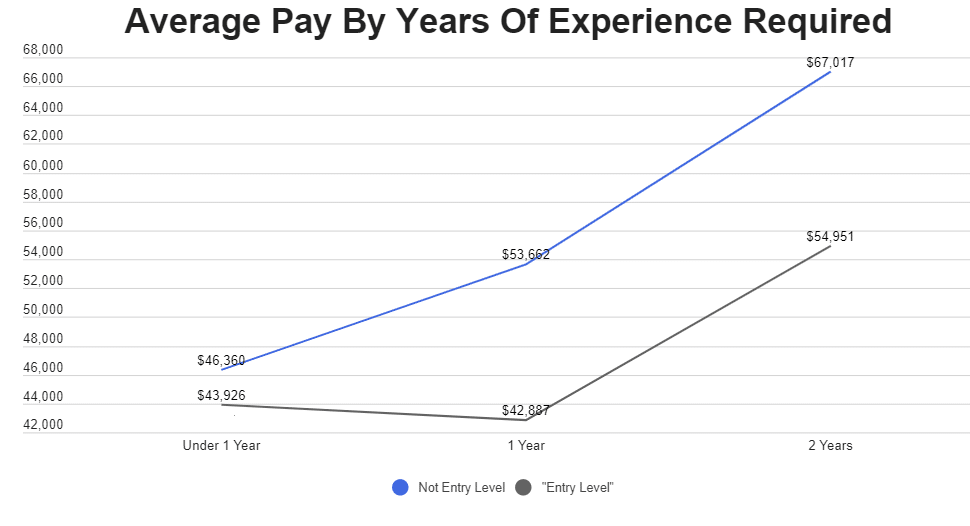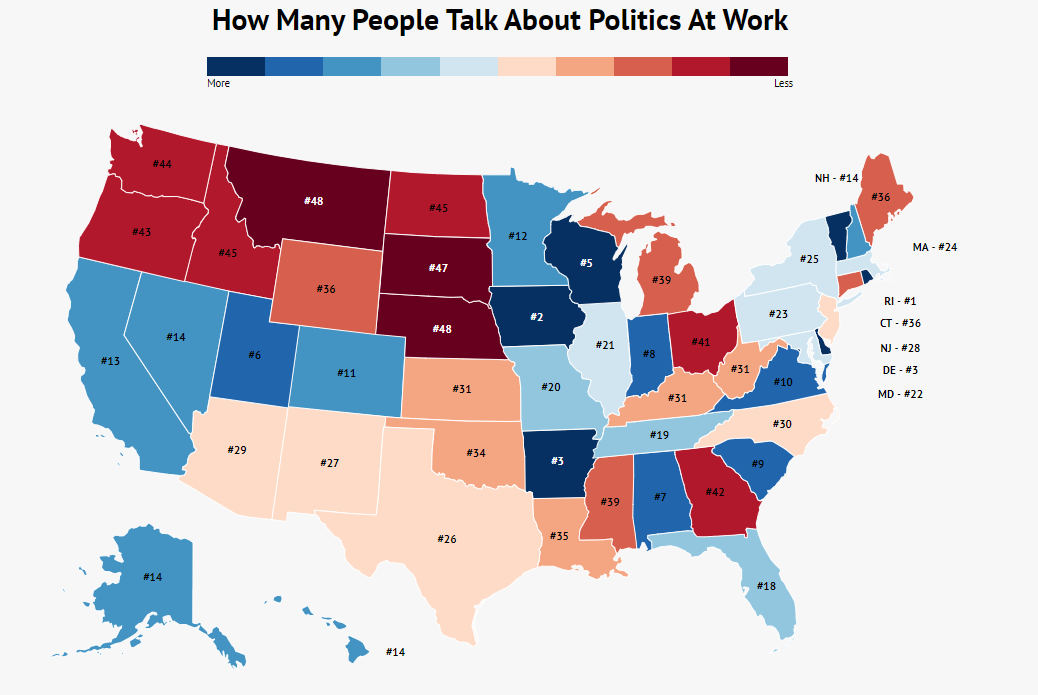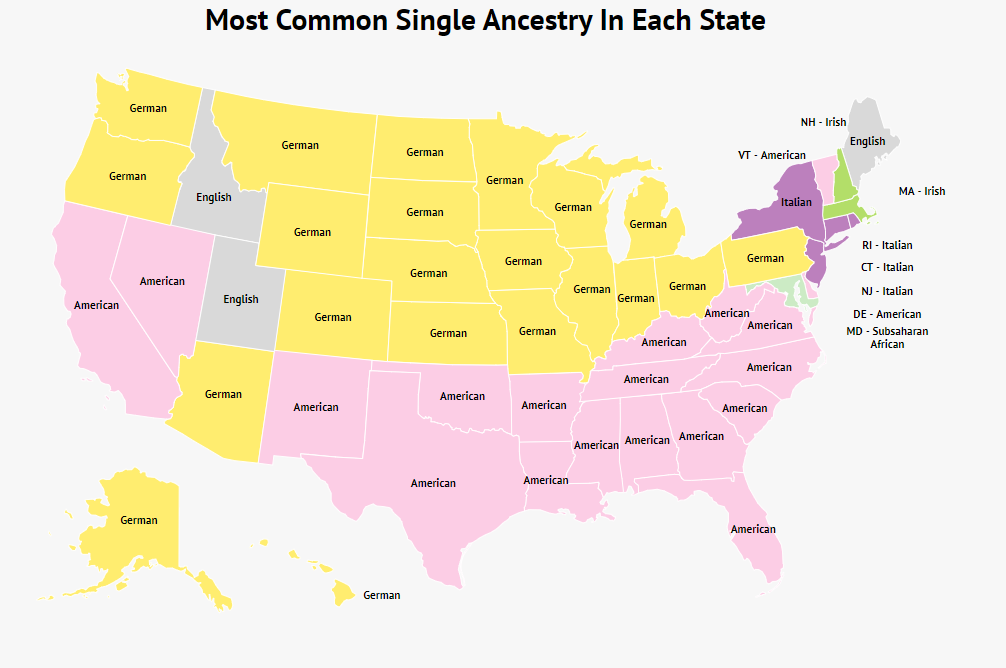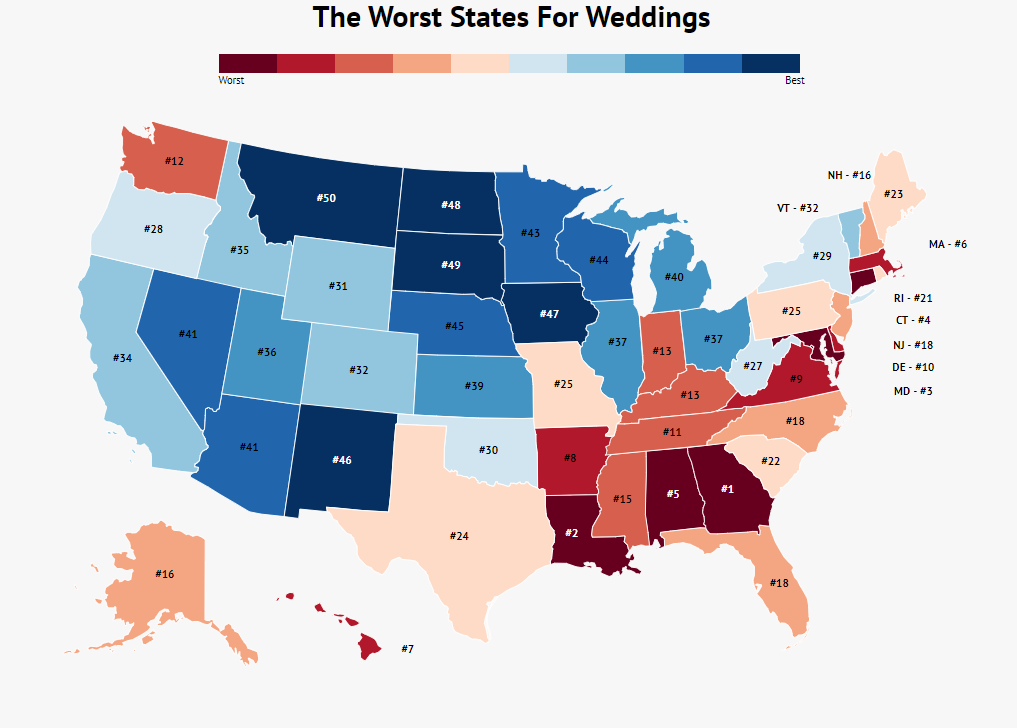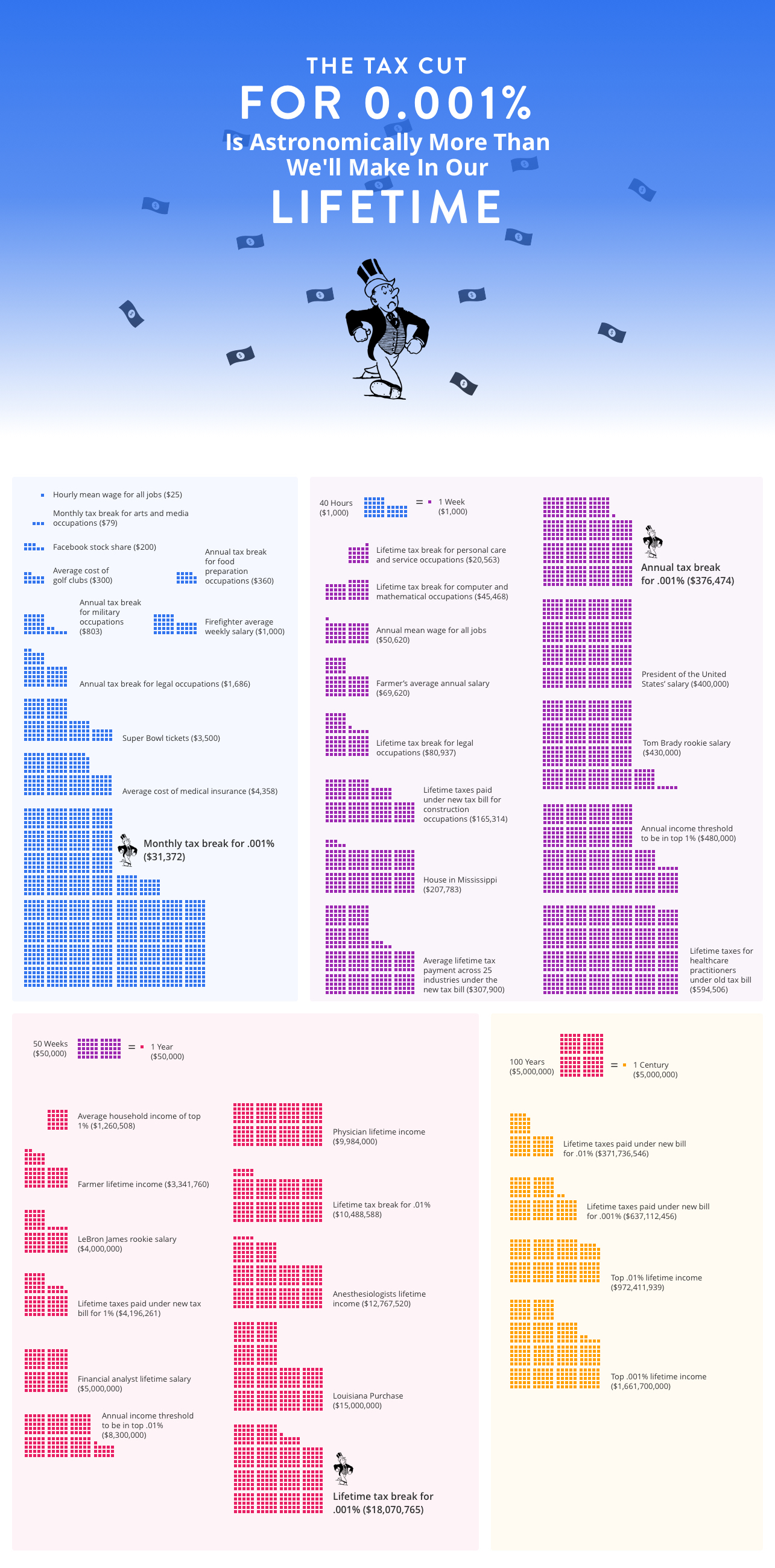Find a Job You Really Want In
Ever see that in a job posting?
It’s no secret that many entry-level job postings require years of experience and a list of skills that rival a CVS receipt in length.
It leaves many job seekers in a conundrum, “How do I get a job to get experience, when all the jobs want experience?”
To help answer this question, we analyzed over 3 million job postings across 25 industries.
From there we determined what the heck entry level even means, how long it takes to climb the ladder in each field, and what sets entry level jobs apart from jobs with similar years of experience required.
The results? Turns out, entry level isn’t always about experience– it’s a way of telling job seekers to expect smaller paychecks.
What We Found Out
- Jobs that mention the word “entry-level” pay significantly less than jobs that don’t, even when the years of required experience required are the same
- “Entry level” jobs that require 2+ years of experience pay 20% less than other jobs that require 2+ years of experience
- Start ups and transportation jobs are the least likely to expect years of experience for their entry level hires
- Technology jobs use the word “entry level” very liberally; On average, entry level jobs in tech look for 18 months of experience
- Most industries expect entry-level candidates to have some type of work experience
- The ladder isn’t always up– The years on the job between entry-level to junior position, and management to senior positions is fairly flat in some industries
How We Determined This
We analyzed over 3 million job postings, to get to the bottom of entry level jobs. First, we answered the question, “What is an entry-level job in each industry?” For this, we simply averaged the years of experience requested for each job posting in the industry that used the phrase entry level. The higher the number, the higher the expectation for entry-level applicants in the field.
From there, we dug in a bit deeper to determine the years of experience required for “entry-level,” “junior,” “mid-level,” “management”, “senior”, and “executive” job postings in each industry to illustrate what climbing the ladder professionally means.
Finally, we decided to compare for jobs that required similar experience, to see the difference in jobs tagged as “entry level” versus those that were not.
You can keep reading to see visualizations of our findings and data-based tips on how to overcome the “experience hurdle.”
Entry Level Isn’t Just About Experience, It’s About Pay
When you look at the years of experience required, jobs that use the word “entry level” in the description simply pay worse, even though they require a similar level of skill.
The difference for experience under one year is only 5%; However, it widens after that to a disappointing 20% less in pay for entry level jobs seeking workers with two or more years experience.
The takeaway? Entry-level isn’t always a description of the skills or experience desired for the job; It can also be a telling sign of how competitive pay is for the position.
What Entry Level Means In Each Industry
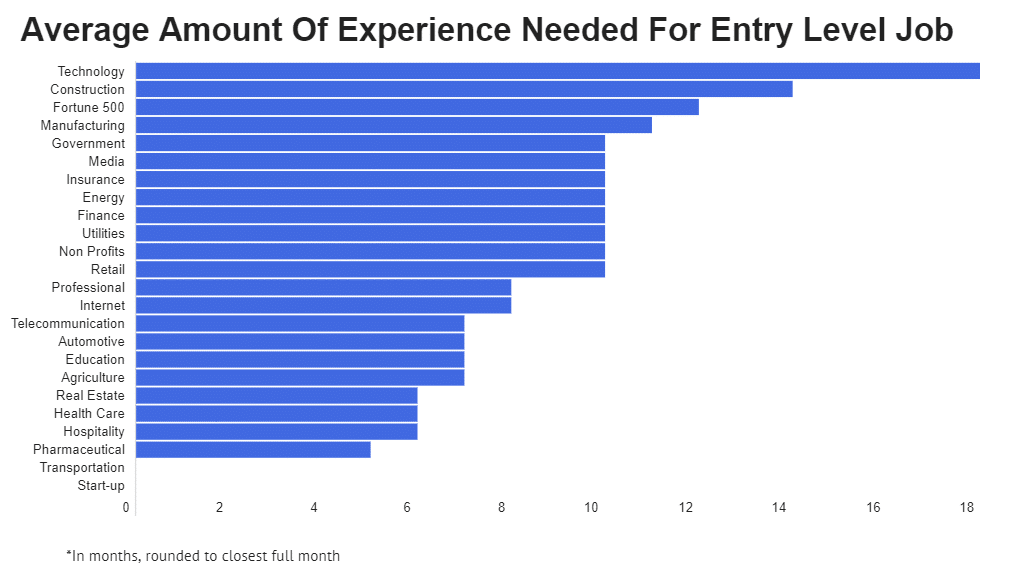
Technology, construction, and Fortune 500 companies expect the most experience from entry-level job hires. On average, job listings in these industries expect a candidate to have one-year or more of experience.
Transportation and start-ups on average have job openings that are shockingly, actually entry-level. Of course, education and certificates can be a barrier to entry that may mean not anyone can walk into any entry level position.
Professional Advancement Isn’t Always A Ladder- Sometimes It’s A Fence
This graph is a little messy, but so are a lot of careers. While some industries follow an upward projection, other industries have sideways moves. The messiest step (where you’re most likely to see zigs and zags in years of experience rather than a linear progression) is between mid-level and management.
Similarly, some jobs have smaller jumps in experience between levels- such as entry-level and junior level.
For those looking to climb to the top of the ladder and be called executive, the longest path is in energy with 9 years experience required. The shortest path to the big office is in government.
What This All Means For Job Seekers
Not all entry-level jobs are entry-level. While this fact can be discouraging while job hunting, it is important to remember the vast majority of entry-level jobs require less than 1-year of experience. Our research also uncovered some tips that job seekers can use to position themselves for success.
Tips On How To Overcome The Experience Hurdle
- Consider industries that have lower experience requirements. After you gain a couple years of experience, you can always transition to another field.
- Apply for junior positions in addition to entry level jobs. In many fields, the level of experience required is fairly similar.
- Don’t exclusively apply to jobs labeled “entry level”- not only are you limiting your scope, you are also lowering your pay.
